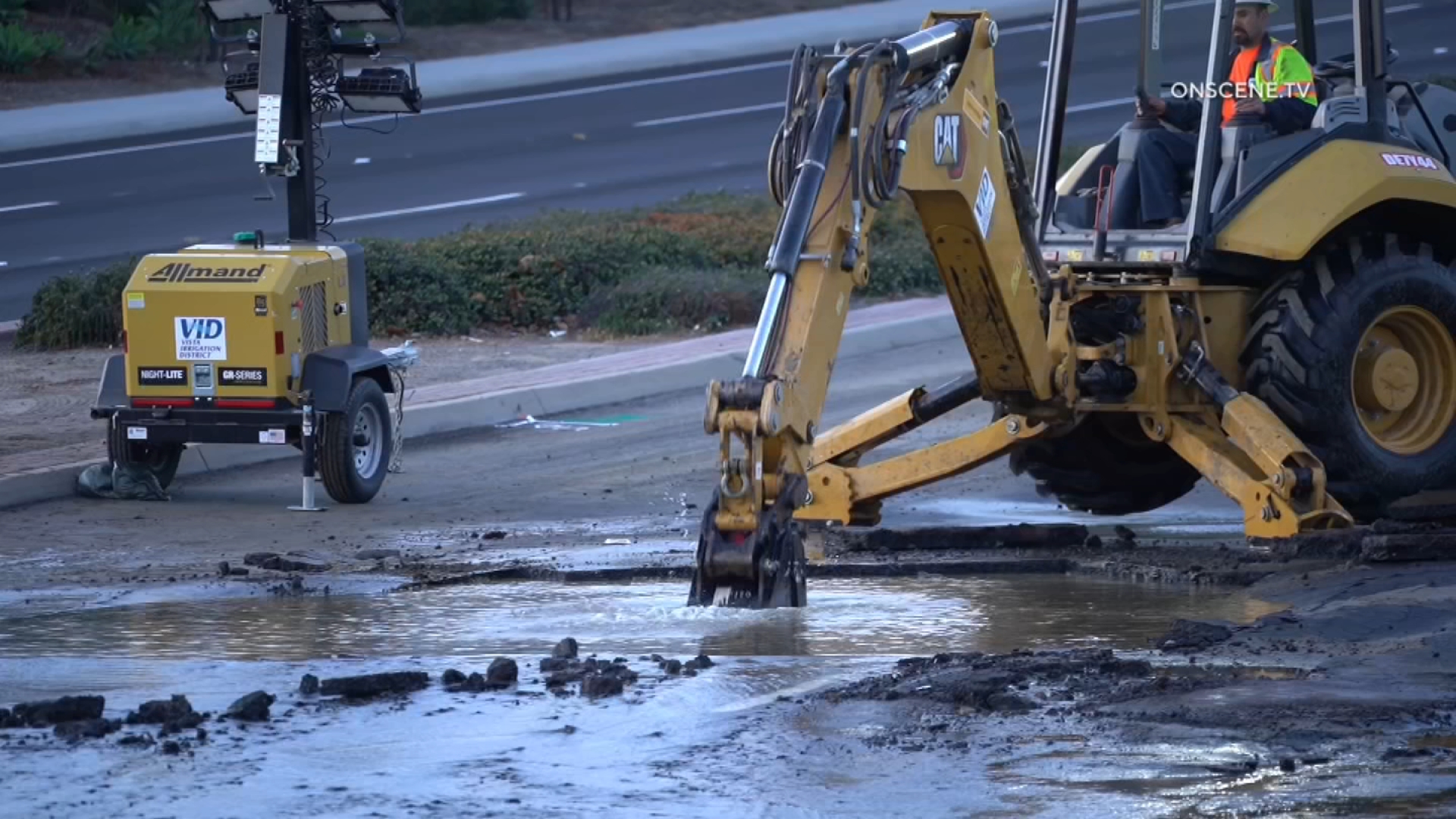California’s eviction moratorium ends Thursday which is making some renters nervous about the future. Still, San Diego Mayor Todd Gloria said it’s not the end of aid for local tenants struggling from the economic impact of the coronavirus pandemic.
California's Eviction Moratorium: What to Know
Get top local stories in San Diego delivered to you every morning. Sign up for NBC San Diego's News Headlines newsletter.
What to Know
- California's evictions moratorium ends on Sept. 30, 2021
- Starting Oct. 1, 2021: A California landlord must apply for rental assistance before they can try to evict a tenant through the courts for failing to pay their rent
- According to the state, tenants with unpaid rent can still stay in their homes after Sept. 30 – but only if they’ve applied for state or local help
Here is more information on California’s tenant protection.
The state has said it has at least $1.4 billion in rent relief to still distribute.
Through Sept. 30, California’s COVID-19 Tenant Relief Act and the COVID-19 Rental Housing Recovery Act help protect tenants facing pandemic-related financial impact from eviction for nonpayment of rent if the tenant gives the landlord a signed declaration.
Starting Oct. 1, the state’s website says a landlord must apply for rental assistance before they can try to evict a tenant through the courts for failing to pay their rent.
According to the state, tenants with unpaid rent can still stay in their homes after Sept. 30 – but only if they’ve applied for state or local help.
Those who have applied and have not been denied can show proof that their application is pending, and that could protect renters from immediate eviction.
California is currently using federal money to pay off up to 18 months of people’s rent dating back to April 2020, when the pandemic began impacting all aspects of life.
To quality for rent help, Californians must earn 80% or less of their area’s median income and must have been impacted by the pandemic.
As of Sept. 27, about 309,000 households across the state had applied for assistance, totaling nearly $3 billion in aid. So far, the state has helped about 55,000 of those households, using about $650 million in aid. The state has approved another $950 million in assistance that is in the process of being paid out to renters who have applied for the help.
In California, there is no deadline to apply for the rent relief aid. The state will pay off tenants’ owed rent, plus even pay their rent for the next 3 months – and 3 months after that, through March 2022, if needed. In all, per the federal rules, tenants can receive 18 months of rent relief, the Associated Press reported.
San Diego Mayor Proposes Legal Aid Fund for Renters as Eviction Moratorium Ends
On Monday, Gloria outlined efforts to secure more funding for rent relief in San Diego County as the economy continues to try to recover from the pandemic.
“With the end of the state eviction moratorium later this week, that’s not the end of help here," Gloria said. "We’re working with our partners at the state and federal level to try and make sure every dollar that is possible to get out there that we get it to San Diego."
Gloria said he will present to the San Diego City Council on Oct. 5 a plan to use $5 million of the city's CARES Act funding to create a program that would provide eviction-related education materials to tenants and legal aid to those facing eviction.
On top of that, Gloria said he was working with federal and state leaders to secure more funding for San Diego's Housing Stability Assistance Program, which has distributed or committed $157 million of their $170 million federal rent relief fund --leaving only $13 million to assist struggling renters as the eviction moratorium ends.
Gloria called the city's rent relief program "highly successful." About 12,000 San Diego households have been aided by the city's rent assistance program. But, there is an equal number of renters who have started applications that have not been finished, Gloria said Monday. He urged those renters to finish their applications and said he would work to get them help.
Gloria was joined Monday by San Diego City Councilmembers Stephen Whitburn and Sean Elo-Rivera who represent districts 3 and 9, respectively. The councilmembers said 40% of applicants for the city’s Housing Stability Assistance Program were from their districts.
Elo-Rivera said he had personal reasons to support Gloria's proposal to create a legal fund for those on the verge of eviction.
"An eviction isn’t just a legal proceeding. It is a process that uproots a family," Elo-Rivera said. "I’m thinking about the moments where my family had to move – those rush moves that were not planned for, the items and memories that were lost as a result, the days of schools that were missed. We can prevent that from happening.”
Gilberto Vera, a senior attorney with Legal Aid Society of San Diego also joined the mayor on Monday. He said his group is committed to aiding those on the verge of eviction. He said anyone who receives an eviction notice should contact the Legal Aid Society at (877) 534-2524 for a free review.
'The Biggest Fear Is To Become Homeless'
Despite the ongoing aid for renters, the end of the statewide evictions moratorium on Sept. 30 is making some renters nervous about the future, including local renter Randa Baramki.
“The biggest fear is to become homeless,” Baramki told NBC 7 this week. “My son and I – and not just myself – but I worry and care about all of us here. Especially, I mean all over the world, but San Diego where I live, where we live. “
“I don't know what's going to happen, really,” Baramki added. “Such insecurity we are, and I'm under a lot of pressure.”



